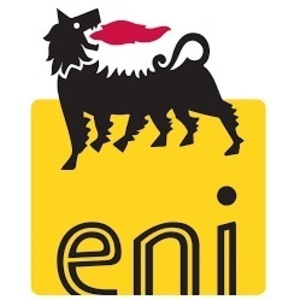Eni ends procurement of palm oil

October 26, 2022
BY Eni
Eni has definitively ended the procurement of palm oil for use at the Venice and Gela biorefineries for the production of hydrogenated biofuels. The last shipments arrived in the last few weeks, ahead of the declared goal of becoming “palm oil free'”by the end of 2022.
Eni’s biorefineries in Venice and Gela are already fueled with “waste & residue” raw materials, such as used cooking oil and animal fats, for more than 85 percent of their processes, as well as other biomasses regulated by current national and European regulations.
Advertisement
Advertisement
In November, the first load of vegetable oil produced in the Makueni agri-hub in Kenya will arrive at the Gela biorefinery, where castor, croton and cotton seeds are pressed. These agri-feedstocks, produced by Eni, do not compete with the food chain. They are grown in degraded areas, harvested from wild trees or are derived from the enhancement of agricultural by-products. In addition to the country's agri-feedstocks, whose production will reach 2,500 metric tons of oil by the end of 2022 and 20,000 metric tons by 2023, there is also the collection of waste and residues, including used vegetable oil, collected in Kenya. The first shipments are on their way to Italy and up to 5,000 metric tons are expected to have arrived by 2023.
In 2014, the biorefinery in Porto Marghera, Venice became the first example in the world of converting an oil refinery into a biorefinery, and today Eni is the first energy major to build a vertical integration model for the supply of its plants, enabling it to promote more sustainable local development in Africa.
Advertisement
Advertisement
Eni's biorefineries produce hydrogenated HVO biofuels which are destined, either purely or in blended form, for diesel engines, biodiesel for the chemical supply chain, biogpl and biojet for air transport.
Related Stories
Bangkok Airways Public Company Limited has officially announced the adoption of sustainable aviation fuel (SAF) on its commercial flights, reinforcing Thailand’s green aviation industry. The initiative took effect starting July 1, 2025.
Avalon Energy Group LLC and Sulzer Chemtech have signed a strategic alliance and partnership agreement to scale up the production of SAF. Under the agreement, Avalon has selected BioFlux technology for its portfolio of SAF projects.
Neste and DHL Express have strengthened their collaboration with the supply of 7,400 tons (9.5 million liters) of neat, i.e. unblended, Neste MY Sustainable Aviation Fuel to DHL Express at Singapore Changi Airport starting July 2025.
CoBank’s latest quarterly research report, released July 10, highlights current uncertainty around the implementation of three biofuel policies, RFS RVOs, small refinery exemptions (SREs) and the 45Z clean fuels production tax credit.
The USDA significantly increased its estimate for 2025-’26 soybean oil use in biofuel production in its latest World Agricultural Supply and Demand Estimates report, released July 11. The outlook for soybean production was revised down.
Upcoming Events










